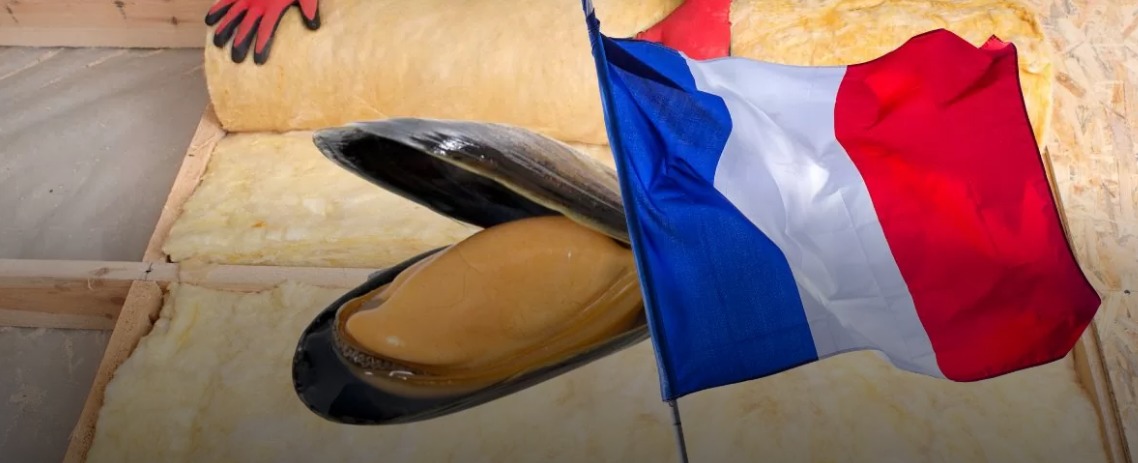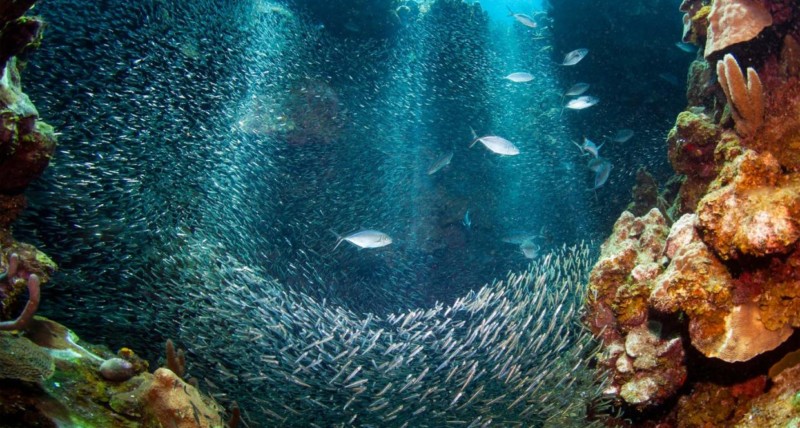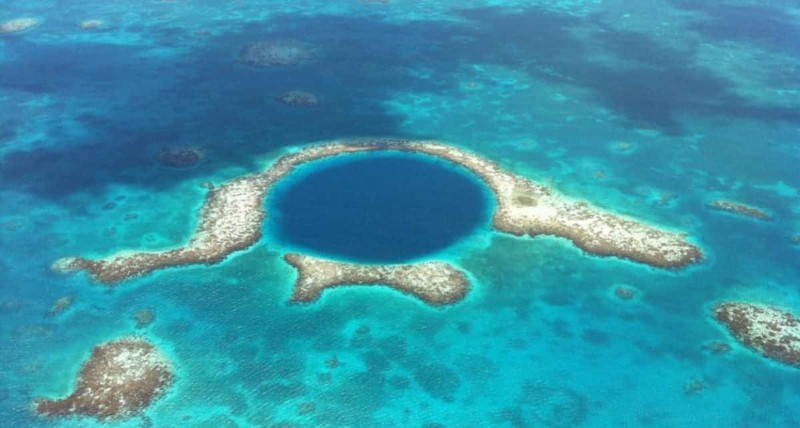In a world where sustainability has become an imperative, innovation in the field of ecological materials takes a central place. It is in this context that the start-up Bysco, based in Nantes, is a pioneer with a revolutionary idea: recycling byssus, these filaments by which mussels cling to rocks, to make an insulation biomaterial. Promising. This project not only valorizes abundant natural waste but also opens the way to new applications in the construction sector and beyond.
A promising discovery: the byssus
Byssus, often called “marine silk,” is a natural material produced by mussels to attach to their environment. This fiber has interesting properties such as thermal insulation, sound absorption and natural fire resistance. Robin Maquet, engineer and founder of Bysco, explored the potential of this fiber after a career in the nautical industry, where reducing the carbon footprint was a priority. Recognizing the unique qualities of byssus, he launched this bold initiative to transform this material into a viable resource for the industry.
Transformation processes and industrial applications
In Cancale, near the mussel farming areas, Bysco has established a facility for byssus processing. Here, the fiber is collected, washed, dried, and processed to meet the industries’ requirements. In 2023, the company produced a ton of this biomaterial, with significant growth targets for the years to come. The applications envisaged are vast, including insulated packaging, filler materials in the plastics industry, and especially insulation in buildings.
Market potential and production challenges
The insulation industry is constantly looking for more ecological and efficient solutions. Byssus, with its natural properties, is positioned as a promising alternative. However, scaling up production presents challenges, particularly in terms of fiber collection and processing. Bysco is actively working to optimize these processes, planning a significant expansion of its production capacities by 2026.
Development strategies and continuous innovation
In addition to the production of biomaterials, Robin Maquet is also developing a design office, Sagyx, dedicated to the environmental transition of materials. This entity works on improving production processes, characterizing materials and analyzing their life cycle. A project for an industrial site in Nantes is also underway, which could include washing lines so that mussel growers can pre-treat the byssus on site, thus optimizing the production chain.
Implications for sustainability and the environment
The use of byssus as an insulation biomaterial is part of a sustainable development approach by recovering natural waste and reducing the carbon footprint of construction materials. This initiative could serve as a model for other projects aimed at exploiting underutilized natural resources, thus contributing to a more circular and environmentally friendly economy.
This article explores the innovative initiative of the Nantes start-up Bysco which transforms byssus, a natural filament produced by mussels, into an insulation biomaterial. This project not only contributes to reducing the environmental impact of construction materials but also paves the way for new uses of natural waste in industrial applications, thus supporting the objectives of sustainability and innovation in the construction sector .




